Open Page with Ellen van Neerven
What drew you to writing?
Like most, reading. I spent a lot of time outdoors as a child, playing sport and wandering through bushland. Mum started working in libraries, and during school holidays my brother and I had to sit down quietly in a corner at her work. I read fantasy, classics like The Chronicles of Narnia and The Lord of the Rings. In my teen years I also consumed a lot of music and wanted to tell stories like my favourite songwriters.
Did you study creative writing? If not, why not? If so, was it worth it?
Yes, at Queensland University of Technology, straight out of high school. It was helpful, as I got to read a lot of works I would have never picked up, and could better articulate my ideas. My real education was meeting other Murri writers and editors when I started working for a project called black&write! at the State
Continue reading for only $10 per month. Subscribe and gain full access to Australian Book Review. Already a subscriber? Sign in. If you need assistance, feel free to contact us.


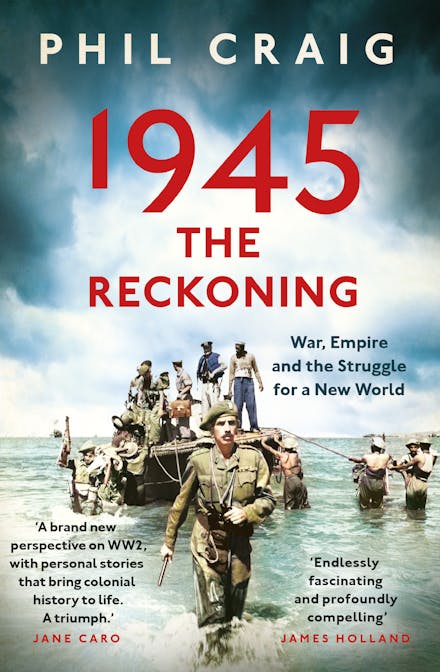
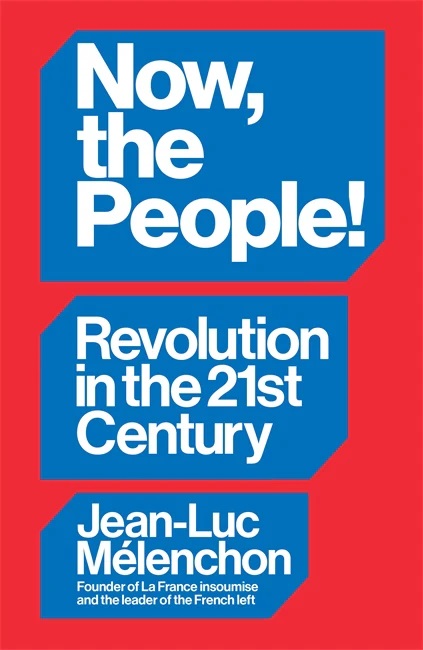
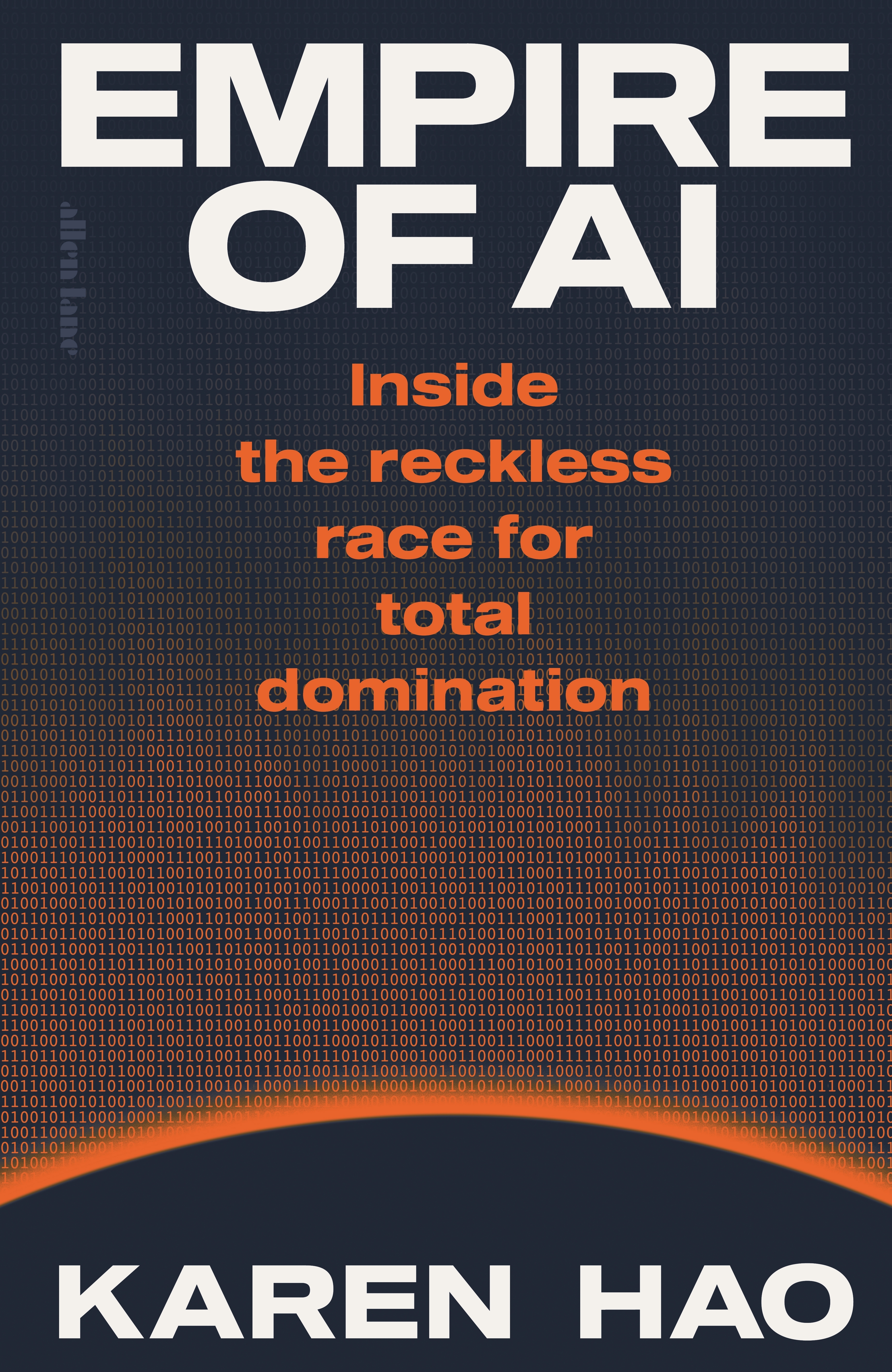
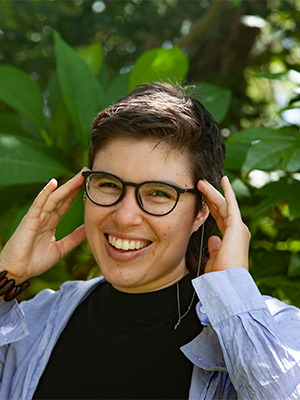

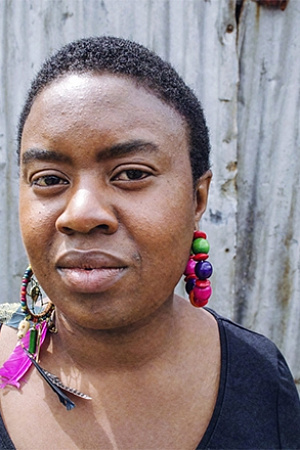
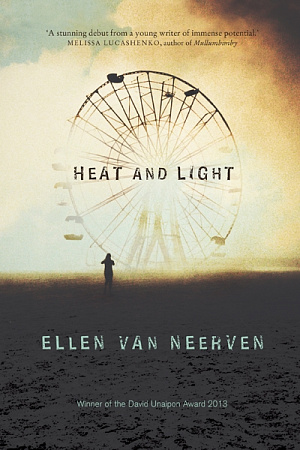
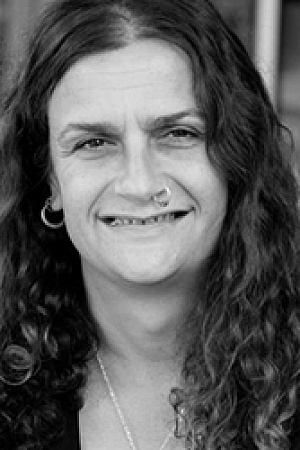
Leave a comment
If you are an ABR subscriber, you will need to sign in to post a comment.
If you have forgotten your sign in details, or if you receive an error message when trying to submit your comment, please email your comment (and the name of the article to which it relates) to ABR Comments. We will review your comment and, subject to approval, we will post it under your name.
Please note that all comments must be approved by ABR and comply with our Terms & Conditions.